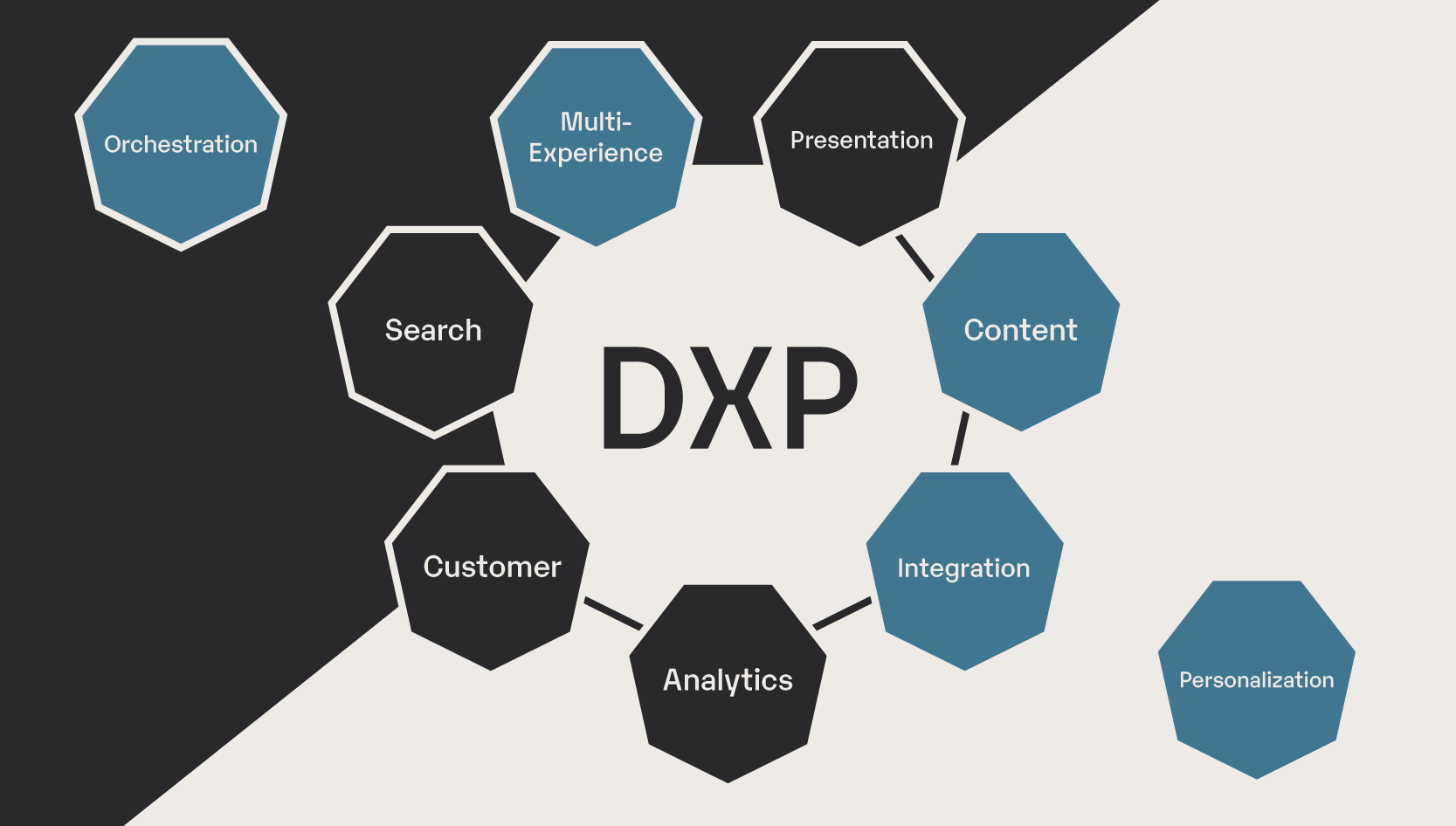How Google Hummingbird Affects Your Website SEO
Matt Brady#Digital Marketing, #SEO

The announcement of Google's new algorithm, Hummingbird, has received mixed reactions, ultimately leading to quite a bit of confusion. Find out what this update means for an everyday marketer.
The internet has been abuzz in the last few months over the announcement of Google’s Hummingbird algorithm. For the experts, this is exciting news and grounds for speculation and analysis. But what does it mean for the regular guy? Does it mean you’ll need to perform a complete revamp of your Search Engine Optimization (SEO) efforts? Do you need to relearn everything about how to make sure people are able to find your site? Here are some answers to your questions and concerns:
A Completely New Algorithm
Google’s search algorithm is the process they use to sort through all the available pages on the web and return results to people who are searching for information. Hummingbird is the code name they’ve given to the latest version of their algorithm, and it’s a dramatic revamp of the way they process searches, potentially impacting around 90% of all searches. Google has previously performed updates to the way they process searches (you may have heard of their previous updates, Panda and Penguin), but this update is an entirely new algorithm, marking the first time since 2001 that their algorithm has been rewritten so extensively.
Hummingbird is built on existing “parts” as well as new processes, so Google hasn’t completely thrown out their previous techniques; for instance, PageRank is still part of the process. The main difference is that Google now focuses on “conversational search” rather than simply identifying keywords. The algorithm now pays more attention to each word in a query and understands the context of the words, providing specific answers to questions rather than trying to cover broad topics. Google wants to understand their users’ intent when they are searching and provide personalized results that reference a person’s location and previous activity to deliver the best possible answer to what they want to find.
What Does This Mean For Me?
When Google announced their Hummingbird update on September 26, 2013, they said that it had already been active for a month. Surprisingly, nobody in the SEO community had noticed the change. This may be because the biggest changes affected “long tail” search results, for queries which make up the bulk of searches but appear at a low frequency on an individual basis. It seems that Hummingbird hasn’t caused any major traffic shifts, but has improved individual searches, helping people find information on a query-by-query basis.
For SEO purposes, this means that traditional techniques like tracking keywords and building links aren’t obsolete, but they might not be as effective as they had been in the past. The best strategy is to create quality content that users will want to read and share. You should be sure to share your content across social networks (including implementing Google+ authorship) and build a relationship with influencers, demonstrating that your site has value to your users.
In short, Google is striving to improve the experience for everyone on the internet, serving the search demands of today rather than those of ten years ago, and we should do our best to follow their lead. You can’t trick people into visiting your site; you need to create a worthwhile experience for them, providing the content that best meets their needs. Have you noticed any changes with your site traffic since the Hummingbird release? Let us know in the comments.
Related Posts
CMS Cloud Mastery: Overcoming Migration Challenges (Webinar)
Umbraco and Diagram have teamed up for a webinar on April 24th, 2024 at 12pm (ET) to discuss how to overcome cloud-based migration challenges. Register now.

Composable vs Monolithic DXP, and Headless CMS Explained
Composable, monolithic, headless... Choosing the best Digital Experience Platform requires an understanding of your unique needs and goals.
Results Matter.
We design creative digital solutions that grow your business, strengthen your brand and engage your audience. Our team blends creativity with insights, analytics and technology to deliver beauty, function, accessibility and most of all, ROI. Do you have a project you want to discuss?
Like what you read?
Subscribe to our blog "Diagram Views" for the latest trends in web design, inbound marketing and mobile strategy.
